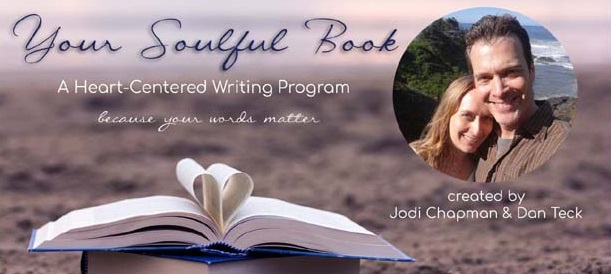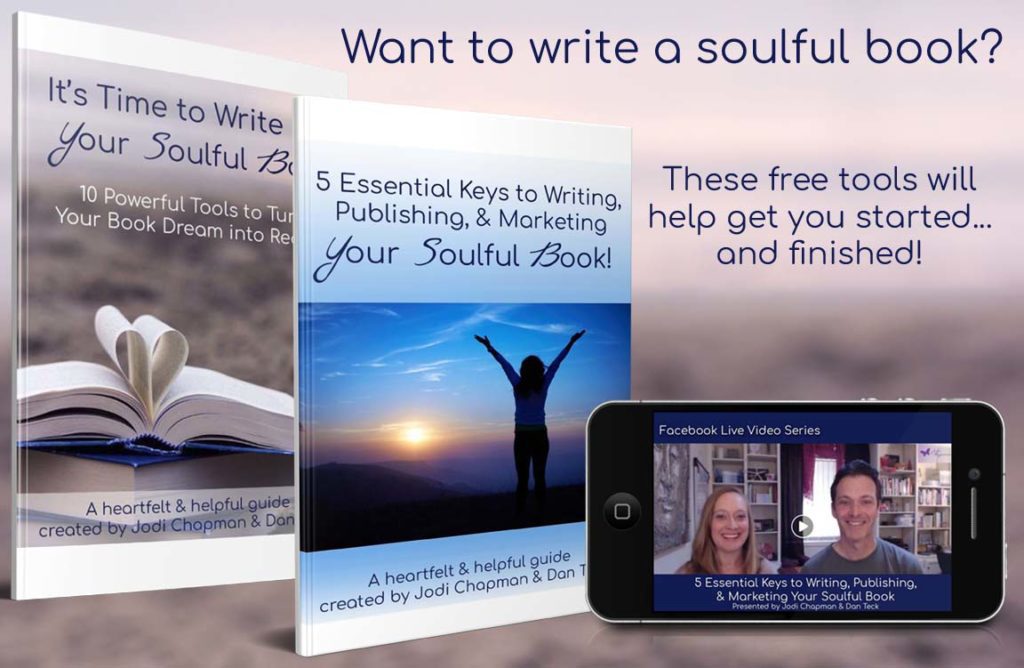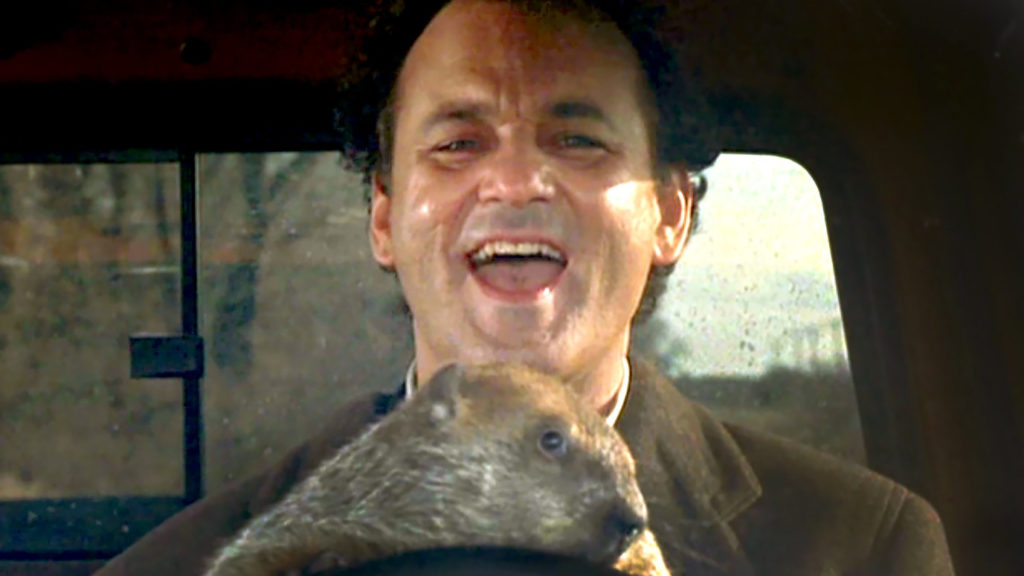
Like almost everyone I’ve ever met, I love the movie Groundhog Day.
There are lots of reasons why I like this movie. First of all, Bill Murray. (Need I say more?) Second, I often love movies like this — ones that are mostly realistic but with one surreal twist (like Being John Malkovich or Eternal Sunshine of the Spotless Mind). It also has a special place in my heart because I once got to take a workshop with screenwriter Danny Rubin (who turned out to be a pretty cool guy and even answered a question I’d been wondering for over a decade).*
Most importantly, though, I like movies that — whether or not they’re realistic — ring true on a psychological level. And Groundhog Day definitely does.
No, we don’t literally live the same day over and over. More often than not, however, we spend most days with the same people, in the same places, doing the same things, thinking the same thoughts, feeling the same emotions. Sure, the details change, but (with only occasional exceptions for special events, peak moments, and unexpected twists) the underlying experience of our life tends to be pretty consistent from one day to the next. Just like it is for Phil Connors in Groundhog Day.
This isn’t necessarily a bad thing. If we basically live the same day over and over, we can make that one day as good as possible. We can make it fulfilling. We can make it joyous. We can make it great.
From this perspective, the question becomes: What can you do to make your almost-recurring day a good one? How can you use your 24 hours (or 16, assuming you get a decent night’s sleep) to help yourself and others? What change(s) would take your day from bad to OK, or from OK to good, or from good to great? What’s one small tweak to your daily routine that could shift your day even a tiny bit in this direction?
When I asked myself these questions, the answer (for me) was obvious: write. Every day. I’ve also made other changes to my daily routine — most significantly, starting with “Life SAVERS” from Hal Elrod’s The Miracle Morning: Silence (meditation), Affirmations, Visualization, Exercise, Reading, and Scribing (better known as writing, but that wouldn’t make for a good acronym — or even a pronounceable one).
I’m now one month into this routine and, yes, reliving the same steps every morning is starting to feel a bit like Groundhog Day at times. But in a good way (think of Bill Murray at the end of the film) because I’ve consciously chosen these steps rather than responding to whatever the world happens to throw my way. And it sets the tone for a positive day to come — complete with recurring positive thoughts, actions, and results.
No, my semi-recurring day is not the most glamorous one imaginable. Unlike the film, my typical day doesn’t include any TV appearances, virtuoso piano performances, life-saving heroics, or ice sculpting. (On the plus side, I don’t have to listen to Sonny & Cher.) 😉
But it’s a day that feels more like me. My thoughts are more uplifting and my actions are more aligned with my values than they used to be. Plus, I’m seeing some positive results, particularly with my writing — including these words!
In the days to come, I hope you’ll do whatever it takes to turn your own version of Groundhog Day into one that you actually enjoy reliving (or at least reliving many of its general aspects, if not every last detail). It doesn’t require an entire life overhaul — or even an entire morning overhaul — just a subtle shift in the direction you want to go in: a few deep breaths and a smile each morning, 20 minutes for yourself at some point during the day, or a nightly pause to reflect on something you appreciated during the day. I think you’ll be amazed at how quickly you can go from feeling trapped in your life — stuck in a rut, repeating unwanted patterns — to embracing and cherishing your life…one day at a time.
…
* By the way, here’s the question I asked Danny Rubin: I first saw Groundhog Day shortly after reading Thus Spoke Zarathustra, in which Nietzsche raises the hypothetical question of eternal recurrence — the idea of reliving the same experiences over and over again. See the similarity? I did — so, while chatting after the workshop, I asked Rubin if he’d written Groundhog Day with Nietzsche’s concept in mind. He said no, he hadn’t made the connection until someone brought it up to him after the movie was released. Nonetheless, both representations of this idea can be viewed as either horrifying or as the ultimate affirmation of life. I choose the latter interpretation. 🙂
(photo ©1993 — courtesy of Columbia Pictures)

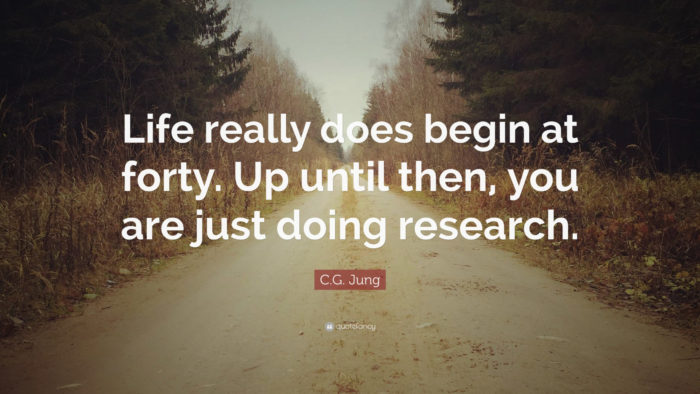
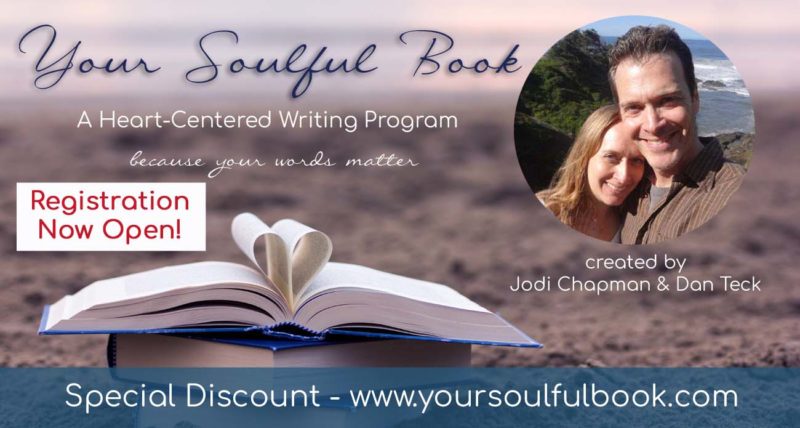
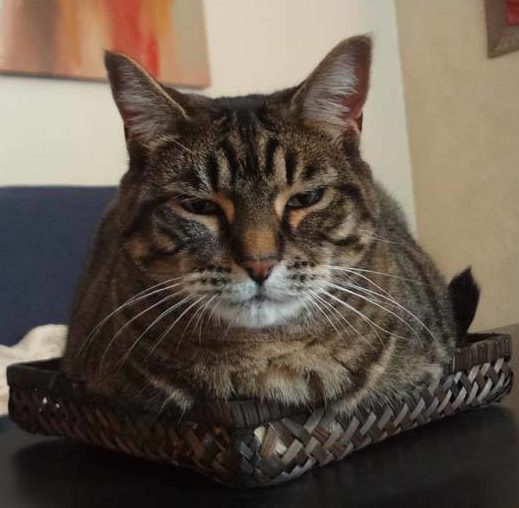 We just launched our latest collaborative book,
We just launched our latest collaborative book, 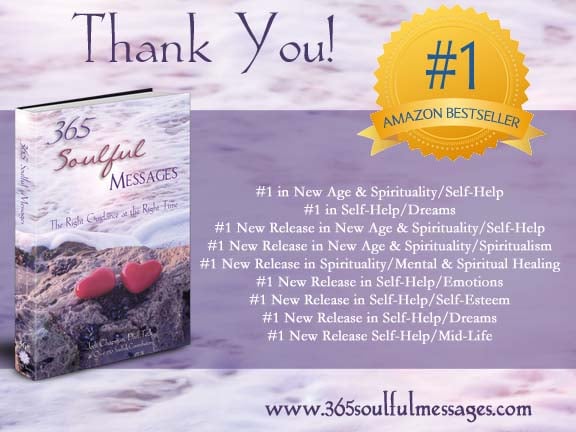
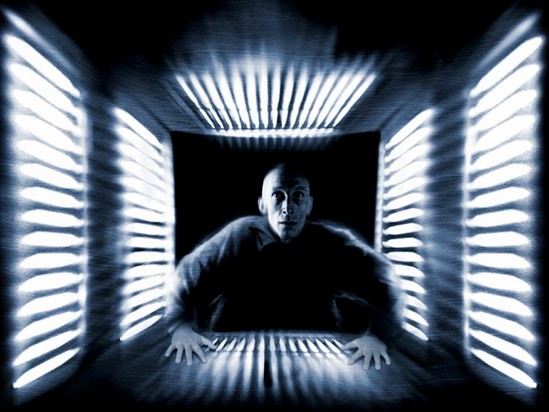
 It’s one thing to pay lip service to the warm-fuzzy aphorism “When the world gives you lemons, make lemonade”; it’s quite another to put this sentiment into action, but that’s what our local library did last month. Here’s what happened–and what I took away from it:
It’s one thing to pay lip service to the warm-fuzzy aphorism “When the world gives you lemons, make lemonade”; it’s quite another to put this sentiment into action, but that’s what our local library did last month. Here’s what happened–and what I took away from it: Happy New Year!
Happy New Year!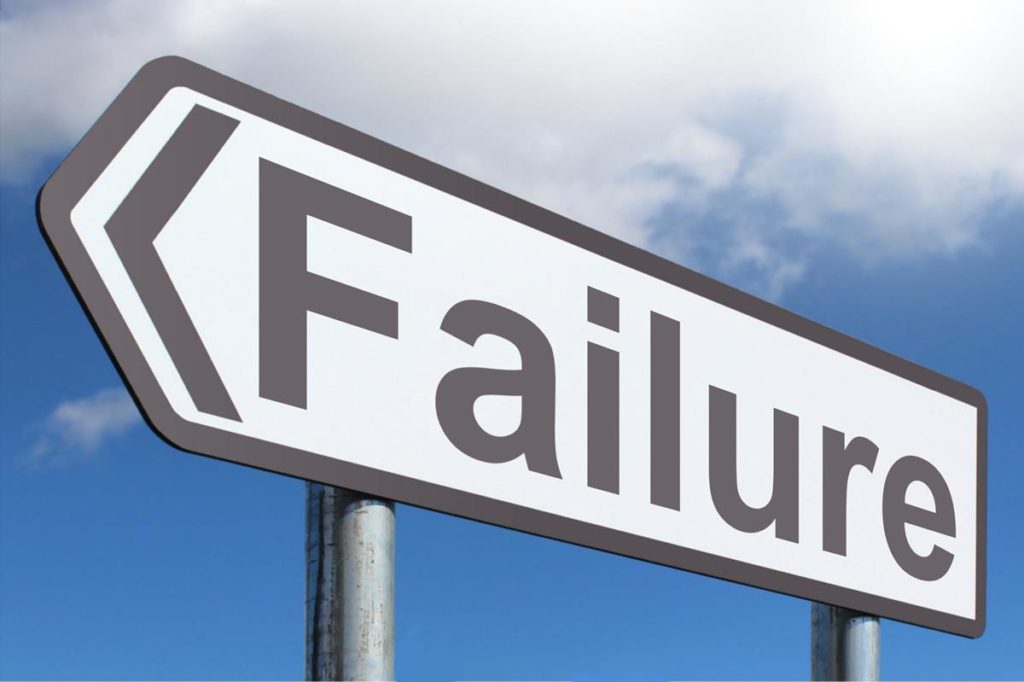
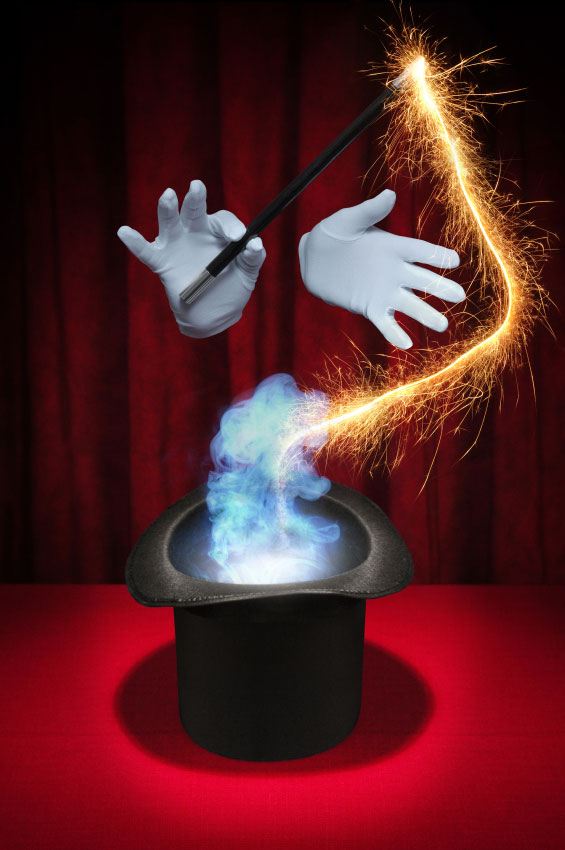 The two most powerful magic words I know aren’t open sesame, presto chango, or even por favor. They’re two words that have the power to open your heart and mind to limitless possibilities and innovations: what if.
The two most powerful magic words I know aren’t open sesame, presto chango, or even por favor. They’re two words that have the power to open your heart and mind to limitless possibilities and innovations: what if.